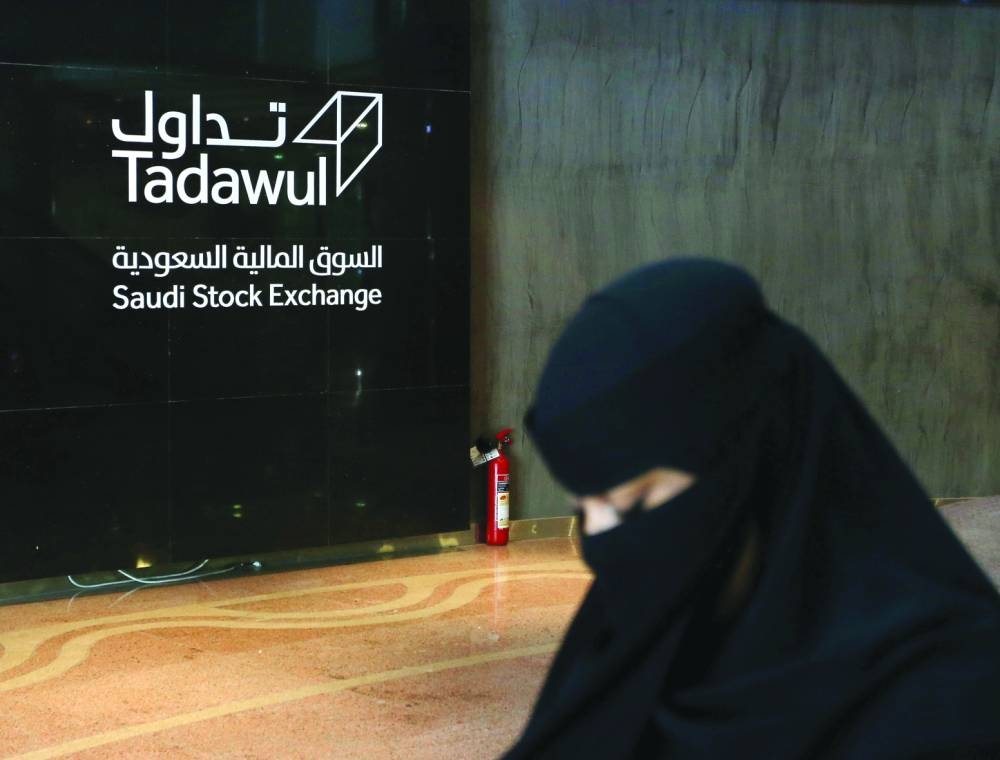Saudi Arabian automotive services firm Petromin Corp is reviving plans for its initial public offering in the kingdom that could raise as much as $1bn, according to people familiar with the matter.
The company, which is also the Middle East’s oldest lubricants firm, is working with Saudi National Bank and Moelis & Co on the planned offering, the people said, asking not to be identified as the information isn’t public.
Details of the deal, such as its size and timing, may change, the people said. More banks may also be added to the syndicate, they said.
Al Dabbagh Group, a family-owned conglomerate with interests from automobiles to real estate and food, bought a 49% stake in Petromin in 2013 from India’s Hinduja Group. The Saudi firm has since considered both an IPO and a stake sale for Petromin, Bloomberg News has reported. Hinduja was also planning an IPO of the company in 2010, but that deal never materialised.
Representatives for Petromin, Al Dabbagh and SNB didn’t respond to requests for comment. A representative for Moelis declined to comment.
With its most recent plans, Petromin would be tapping an IPO boom in the Gulf region that saw 31 first-time share sales in Saudi Arabia last year — the most on record and over half of the 44 listings in the Middle East during that period, according to data compiled by Bloomberg.
The kingdom’s stock exchange is set to attract what could be its first listing by a global firm. Olam Group, one of Asia’s biggest agricultural commodity traders, is pursuing a potential dual listing of its agribusiness unit in Singapore and Riyadh.
Jeddah-based Petromin was formed by royal decree in 1968 as a joint venture between Saudi Aramco and ExxonMobil. It now operates eight business verticals including car dealerships, fleet solutions, fuel stations, lubricants and auto parts, according to its website.
Aramco listed its own base-oils refining unit — known as Luberef — late last year in a deal that raised $1.3bn. Since then, the stock has fallen about 1.4% from its offering price after a decline in regional equities caught up with shares in the kingdom.

A Saudi woman walks at the Saudi Stock Exchnage (Tadawul), in Riyadh. With its most recent plans, Petromin would be tapping an IPO boom in the Gulf region that saw 31 first-time share sales in Saudi Arabia last year — the most on record and over half of the 44 listings in the Middle East during that period, according to data compiled by Bloomberg.
